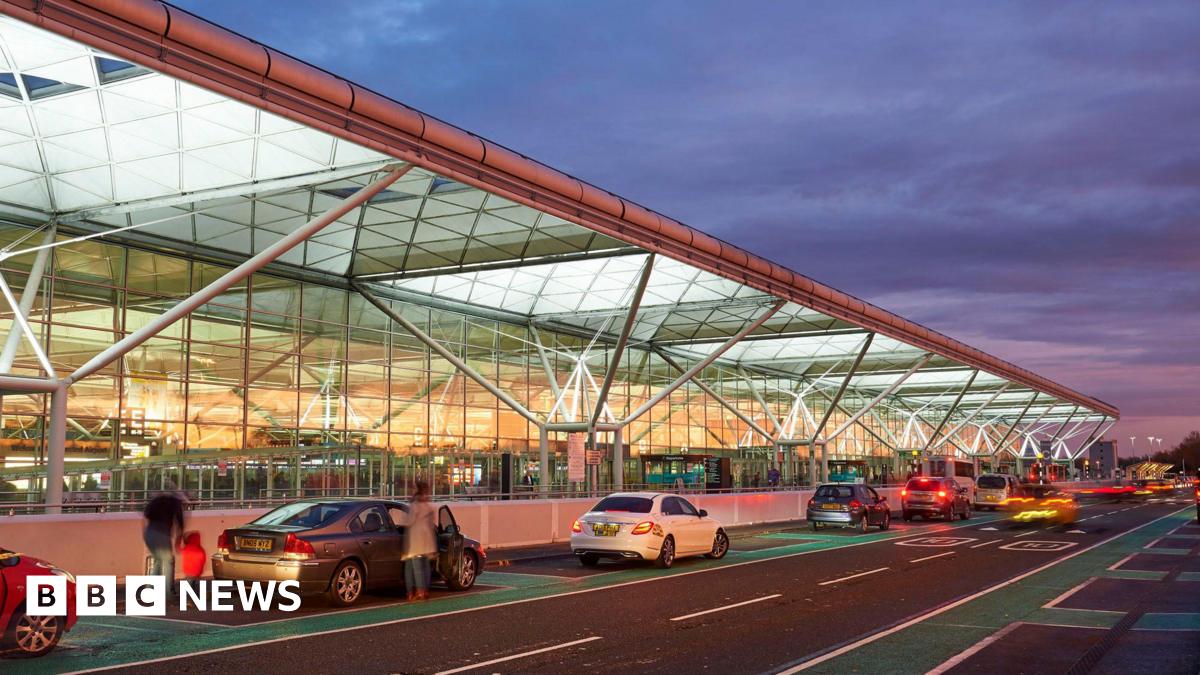Article content
Three weeks into a pro-Palestinian protest encampment on its campus, Western University is offering concessions to the protesters provided they dismantle their encampment and not disrupt June graduation ceremonies.
In a statement, Western president Alan Shepard outlined the offer to the demonstrators who have remained in an area outside the school’s community centre since May 8, protesting against the humanitarian toll in Gaza of the seven-month conflict between Israel and Hamas and calling on the school to sever its financial ties to Israel or companies linked to the conflict.
Article content
They also want Western to grant amnesty to students involved in the protests.
Shepard’s response outlined a series of commitments the school would make, including a meeting between several student representatives of the protest coalition and the school’s senior administration and investment team to discuss Western’s investment policy.
But the protesters, in a statement Thursday, called the proposal to end the encampment “incoherent,” saying it fails to address concerns raised in previous talks — especially their call for Western to shed investments.
Shepard’s statement — he noted the school deals almost exclusively in pooled funds in its investments, not individual stocks — came after a series of failed meetings between university administrators and the protesters, who call themselves the Western Divestment Coalition.
“Assuming divestment was possible,” the president wrote, “many experts have argued that this approach would have limited to no impact on the issues at hand – while at the same time requiring organizations like universities to dismantle their entire investment model to address a very small percentage of assets.”
Article content
Western’s goal “is to end this unlawful encampment safely and soon. We are seeking a peaceful resolution,” Shepherd wrote.
“Students should not fear repercussions simply by speaking with us and negotiating on behalf of their peers. That said, any individual who chooses not to respect the bounds of peaceful and lawful protest cannot be guaranteed amnesty.”
Campus protests against the conflict in Gaza have broken out at many schools in the United States and Canada this spring, including at some universities where police were called in to remove dug-in demonstrators. Other schools have turned to the courts to end the standoffs, seeking injunctions ordering protesters out.
Israel’s military offensive in Gaza was triggered by an attack across its border Oct. 7 by Hamas militants in which 1,200 people were killed and more than 240 taken hostage. Nearly 35,000 Palestinians have died since Israel began its offensive into the Hamas-controlled territory, according to Gaza health officials.
Article content
Western’s conditional proposal to end the protests includes the following commitments:
- Set a meeting with protest representatives and members of the school’s senior leadership team and investment team to discuss Western’s investment policy.
- Continue investment reporting and commitment to transparency.
- Bring in a process for Western community members to voice concerns about responsible investing, to be shared with the school’s investment team.
- Develop a speaker series about regional and political perspectives on Israel and Palestine for the 2024-2025 school year.
- Create a provost’s committee to develop and recommend a framework for Western’s international partnerships grounded in human rights considerations. The committee will review formal language in agreements that establish new university partnerships and those coming up for review.
- Increase Western’s financial support by up to $200,000 a year for a program to help students displaced by war, including Palestinian students.
The concessions, Shepard noted, depend on demonstrators ending their encampment and not disrupting the school’s spring convocation, which begins June 10 and runs for 11 days. The university has previously accused the movement of intimidating visiting high school students on campus tours, harassing students and staff and committing vandalism and assaults.
“We remain open to more communication and collaboration with the student groups. We are ready to hear their ideas about how, through our mission as an institution of higher learning, we can address the situation in Israel and Palestine,” Shepard said.
The protesters’ coalition said it was disappointed that Western’s proposal was publicly presented, rather than in a meeting, but said it remains open to talking.
Share this article in your social network













